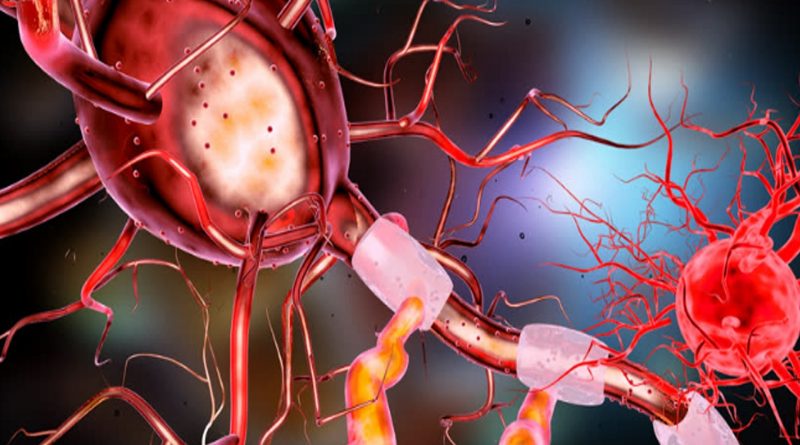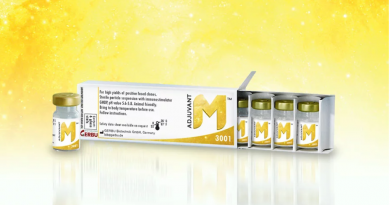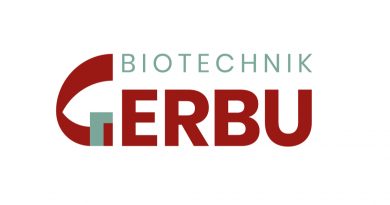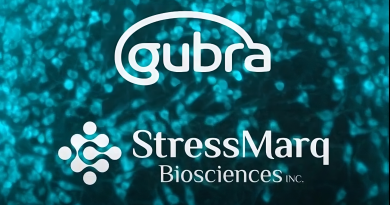Roche’s OCREVUS (ocrelizumab) can half risk of MS impairment advance
New post-hoc analysis of six years of study data for Roche’s OCREVUS (ocrelizumab) shows earlier treatment initiation nearly halves the risk of needing walking aid in relapsing multiple sclerosis (RMS), the company announced on April 28.
OCREVUS can reduce risk of needing walking aid by 49%
Global pharma leader Roche has published new analyses of Phase III, OPERA I and OPERA II trials, as well as open-label extensions, demonstrating that therapy with OCREVUS ® (ocrelizumab) decreased the risk of illness and impairment progression in RMS by 49% (EDSS≥6).
This recent analysis adds further proof to OCREVUS ‘benefit-risk profile regarding the impact of MS on people’s normal daily lives. The data was chosen for the 72nd Annual Meeting of the American Academy of Neurology (AAN) and will be made available online via digital demonstration in the coming weeks (instead of an in-person event).
Multiple Sclerosis (MS) affects 1 million people in the US
Multiple sclerosis (MS) is a chronic progressive disease that affects almost 1 million people in the United States and more than 2.3 million people around the world.
Levi Garraway, M.D., Ph.D., Roche’s Chief Medical Officer and Head of Global Product Development said:
“For people with MS, maintaining mobility for as long as possible is very important. We are encouraged by these new longer-term analyses showing that earlier initiation of OCREVUS treatment may reduce the risk of needing a walking aid by nearly 50 percent over six years”. “Slowing MS progression earlier in the disease course – not just treating relapses – may bring additional clinically meaningful outcomes to people living with this disease.”
OCREVUS (ocrelizumab) effect on disability progression in RMS
Earlier therapy with OCREVUS may prolong the likelihood of requiring a walking aid in comparison to those who moved from interferon beta-1a two years later in a latest post-hoc study from the open-label extension of the Phase III OPERA RMS trials. Results show that individuals treated with OCREVUS have a 49% decrease in the risk of needing a walking aid in comparison to those having received interferon beta-1a over 6 years of research (4.3% vs. 7.2% *; p=0.0042). In the double-blind study, the safety profiles and the open-label extension were largely compatible.
Delay of thalamic atrophy effect
In patients with RMS or PPMS, OCREVUS progressively delayed thalamic atrophy (as measured by the thalamic volume reduction). The thalamus is a deep grey matter structure within the brain that functions as a communication and integrative centre and plays a vital role in alertness, muscle function and comprehension, as well as sensory processing. This is impaired by the trauma involved with MS, and its atrophy can be a useful measure of clinical efficacy.
Data from the Phase III OPERA I, OPERA II and ORATORIO double-blind studies demonstrated substantially less thalamic atrophy compared to interferon beta-1a and placebo, respectively (both p<0.001).
About OCREVUS ® (ocrelizumab)
Roche’s OCREVUS is the first and only FDA-approved treatment for RMS (including relapsing-remitting MS (RRMS) and secondary progressive MS (SPMS) active or recurrent), aside from clinically isolated U.S. syndrome and PPMS. The multiple sclerosis drug is authorised for use in 90 countries throughout North America, South America, the Middle East, Eastern Europe as well as Australia, Switzerland and the EU.
OCREVUS (ocrelizumab) is a humanised monoclonal antibody engineered to attack CD20-positive B cells, a particular form of immune cell known to be a major contributor to myelin (nerve cell insulation and support) and axonal (nerve cell) damage. Based on preclinical research data, OCREVUS binds to the CD20 cell surface proteins displayed on certain B cells but not on stem cells or plasma cells, indicating that essential immune system functions may be preserved. OCREVUS is administered intravenously every 6 months. The initial dosage is delivered as two infusions of 300 mg given two weeks apart. Subsequent doses are given as single infusions of 600 mg.
About Roche
Roche is the largest biotech corporation in the world, with genuinely distinguished therapies in oncology, immunology, infectious diseases, central nervous system, and ophthalmology illnesses. Roche is also the global leader in in vitro diagnostics, tissue based cancer, and a pioneer in diabetes management.
The World Health Organization Model Lists of Essential Medicines contain more than thirty medications developed by Roche, including life-saving antibiotics, antimalarials, and cancer medicines. Roche has more than a hundred investigational drugs in clinical development including multiple sclerosis, spinal muscular atrophy, neuromyelitis optica spectrum disorder, Alzheimer’s disease, Huntington’s disease, Parkinson’s disease and autism spectrum disorder.
In addition, Dow Jones Sustainability Indices (DJSI) has acknowledged Roche as one of the most sustainable companies in the pharmaceuticals industry for the eleventh consecutive year.
The Roche Group with its headquarters in Basel, Switzerland, is operating in more than 100 countries and employs around 98,000 people worldwide. Roche spent CHF 11.7 billion in R&D in 2019, and reported CHF 61.5 billion in sales.
For further info please visit www.roche.com.




